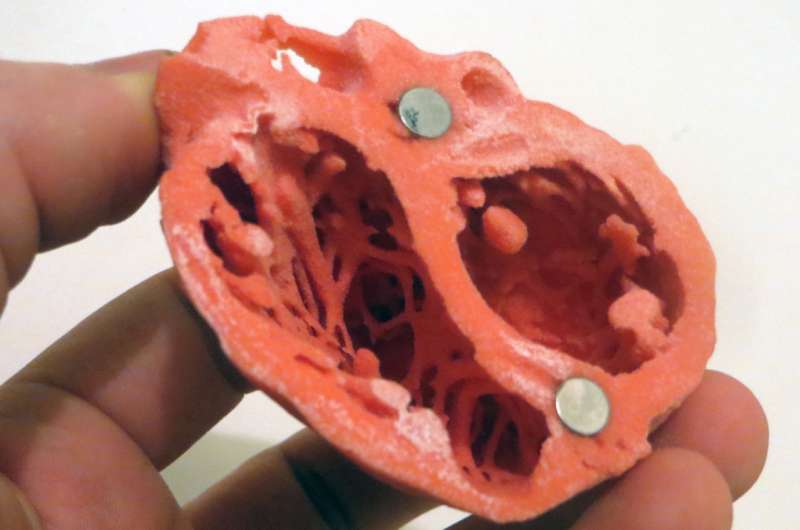Fat is not inert—it's active

You may know that people who are overweight have an increased risk of heart disease and other conditions. Dr. Stephen Kopecky, a Mayo Clinic cardiologist, says what you might not know is that body fat is more than just excess baggage. It's an active substance that can negatively affect your heart health.
"Fat is not an inert substance. It is a very active substance that puts out a lot of chemicals that damage our arteries," says Dr. Kopecky. "Fat damages our body tissues. It actually makes our bodies less sensitive to insulin so we're more prone to being a diabetic."
And extra fat makes your circulatory system work overtime.
"Every pound of weight we put on is 5 miles of blood vessels. If your heart beats 100,000 times a day, that's 500,000 miles a day for one pound of fat," says Dr. Kopecky. "So you do the math. If you're 10 pounds overweight, it's a lot and your heart gets tired. The blood pressure goes up. The heart attack rates go up, etc."
You can ease the burden on your heart by losing weight and moving more. Even dropping a few pounds helps. Dr. Kopecky recommends following the Mediterranean diet, which includes fruits and vegetables, whole grains, fish such as salmon or mackerel, and olive oil.
©2020 Mayo Foundation for Medical Education and Research
Distributed by Tribune Content Agency, LLC.





















